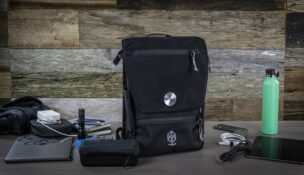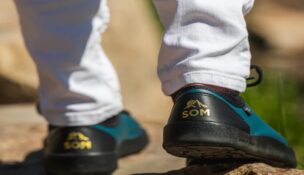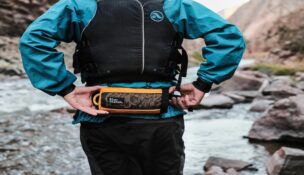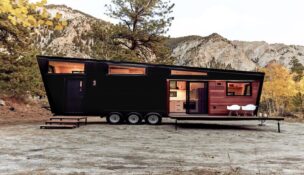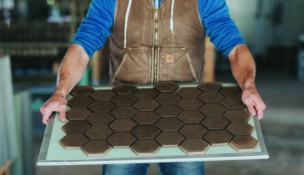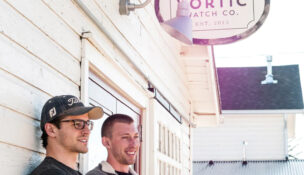Made in Colorado 2016: Mayka Maloney
Meet The Whole Works' seamstress extraordinaire
Eric Peterson //March 25, 2016//
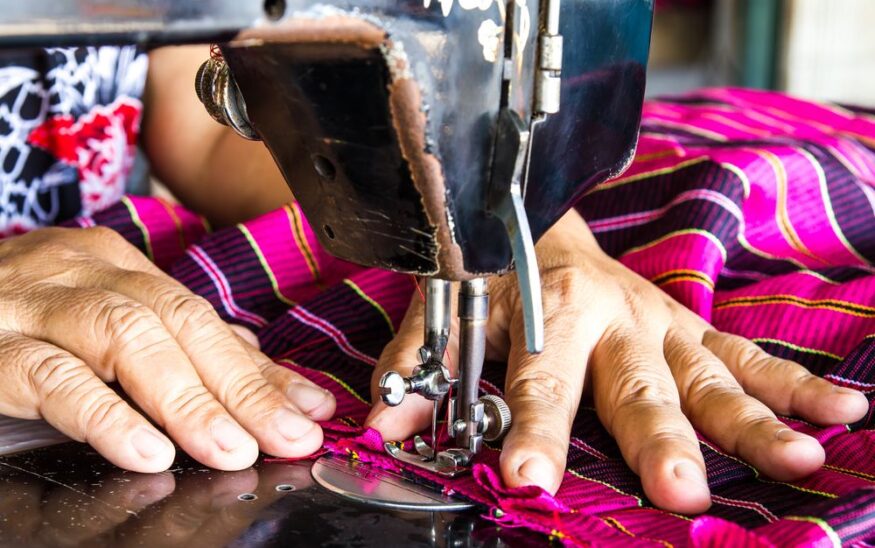

Made in Colorado 2016: Mayka Maloney
Meet The Whole Works' seamstress extraordinaire
Eric Peterson //March 25, 2016//
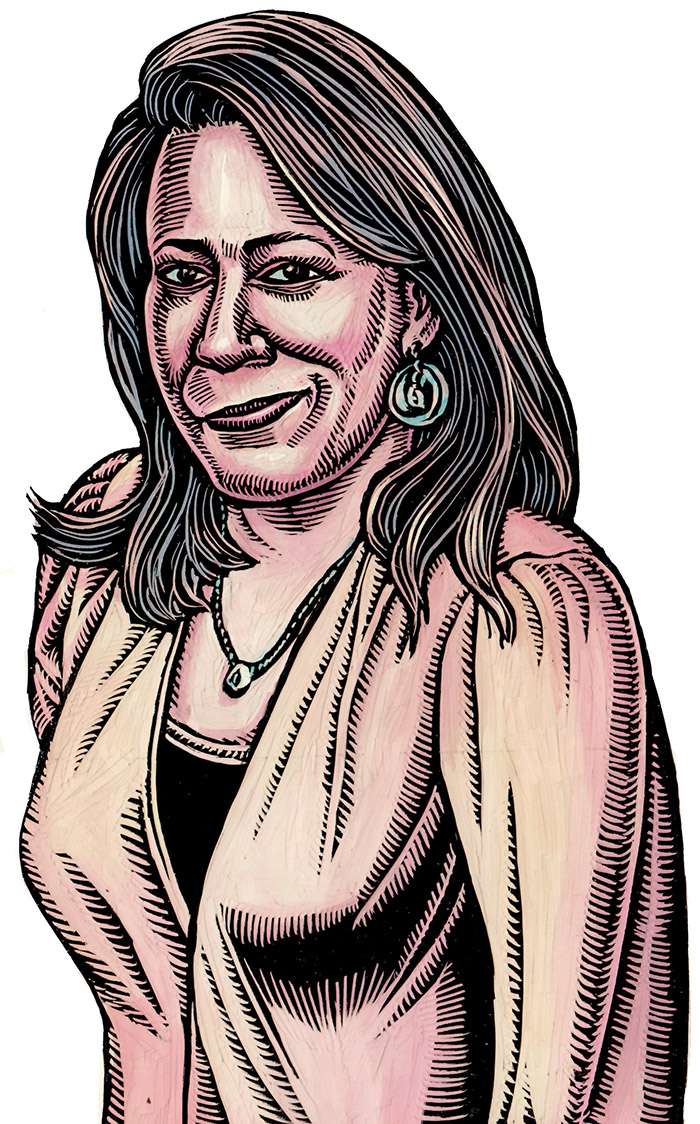 Mayka Maloney
Mayka Maloney
sample maker and production sewer
The Whole Works, Rifle
Founded in 2015, The Whole Works quickly won both clients and accolades for its apt pairing of a contract cut-and-sew business with a socially conscious mission of creating jobs for women transitioning off federal assistance.
And Maloney’s “serendipitous” discovery of the company through her daughter’s guidance counselor has played no small role in its success. Originally from the Dominican Republic, the 43-year-old spent nearly 20 years in New York’s fashion industry before moving to the Western Slope to be with her now-husband.
“We were going back and forth,” she says of the long-distance courtship, “him visiting me in New York City and me visiting him in Colorado. I loved the atmosphere here – the mountains, the fresh air.”
After moving to Battlement Mesa with her daughter in 2008, Maloney found there weren’t too many local opportunities in her field. She focused her formidable sewing skills on handbags she sold primarily through Etsy. “It was a full-time job,” she says. “I paid for my daughter’s braces with it.”
But Maloney saw a dropoff in sales when the craft-focused portal allowed small manufacturers to open stores on the site. “The amount I was making was decreasing,” she says. “I said, ‘I should look for a job.’ Boy, am I glad I did!”
And so are The Whole Works’ founders and clients. Maloney’s deep experience with big fashion brands included plenty of time in sample rooms making prototypes. “I concentrate on the quality of the item,” she says. “That’s really my background. I make the customer fall in love with what they want to make.”
She’s helped The Whole Works land a number of customers, from Pagosa Springs-based Voormi (technical base layers and outerwear) to Aspen’s two+two (reusable food bags).
But once the sale is made, it’s about making the clothing, so aesthetics need to be matched by manufacturability. Maloney leads a team of three other production sewers that strive for both speed and quality in their work.
But it’s not easy to hire skilled sewers, especially on the Western Slope. “You can’t find them,” says Maloney. “A lot of sewers don’t know how to do production.”
Conversely, Maloney’s mother made dresses professionally in the Dominican Republic and encouraged her to start sewing at an early age. “I come from a long line of sewers,” Maloney says. “Most of the women in my family have sewed forever.”






